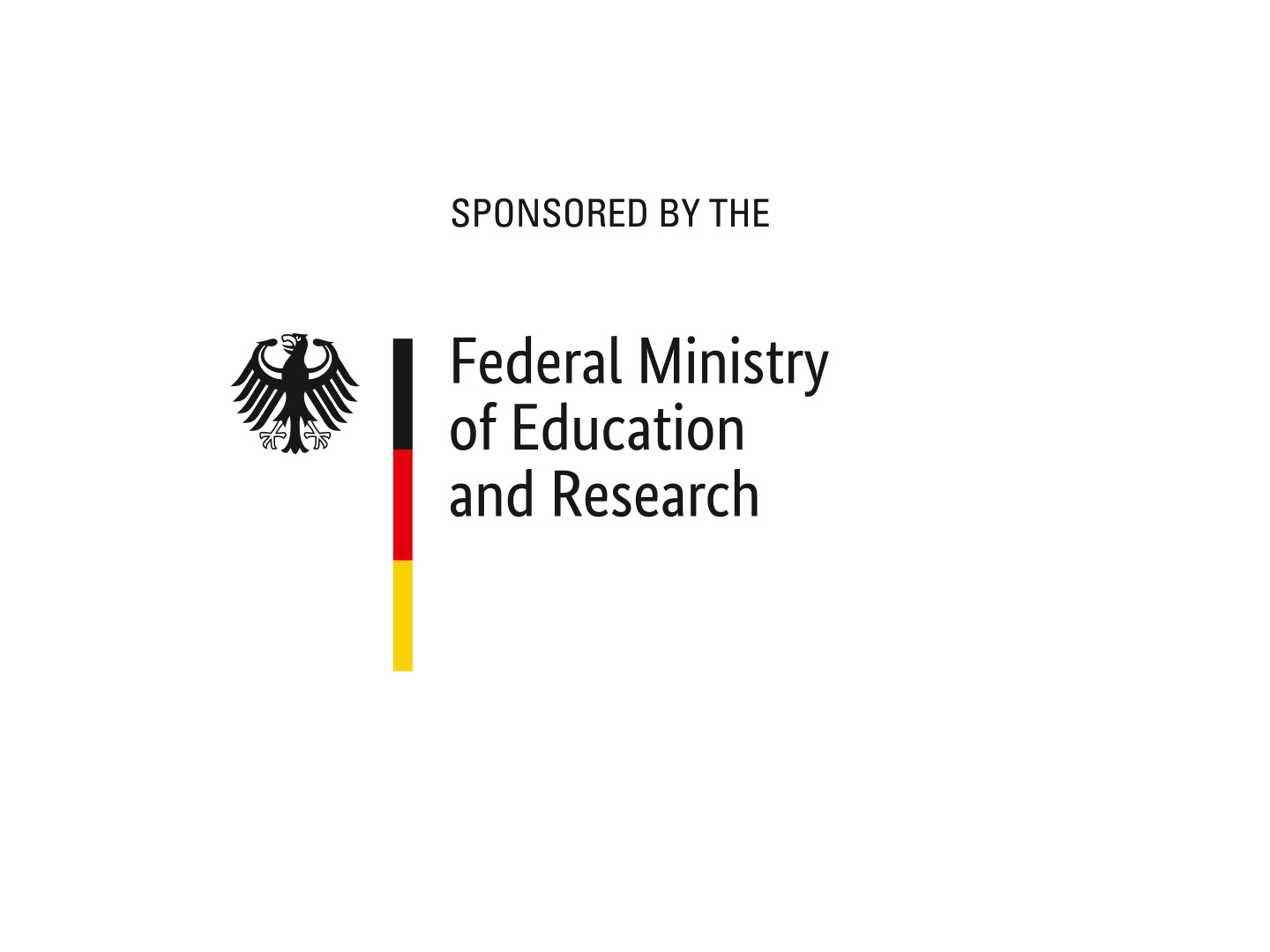Project goals
The SAIN (Urban Agriculture - Innovation) project is a Citizen Science project in the field of urban agriculture. Together with citizens, knowledge about urban food production is bundled, technologies and production facilities are made more accessible and new ideas are developed. In this context, lay researchers will work together with scientists to develop research questions in a thematic context, which they will pursue during the project period. As important supporting element the science community will bring the research design - and the corresponding methodologies - closer to the citizens.
 Fraunhofer Institute for Environmental, Safety and Energy Technology UMSICHT
Fraunhofer Institute for Environmental, Safety and Energy Technology UMSICHT